Understanding and Managing Weight Regain After Bariatric Surgery
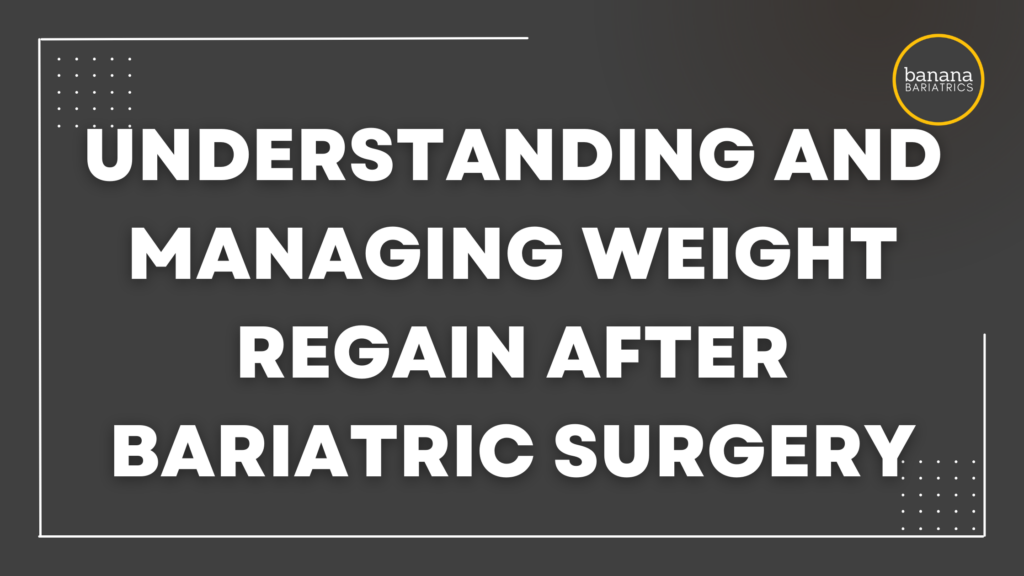
Weight regain after bariatric surgery is not an uncommon concern. Many individuals who undergo these procedures may experience varying degrees of weight regain within the first few years after surgery. After surgery, it is estimated that 20-35% of patients will have significant weight regain depending on the specific procedure performed and how far out you are from surgery. If you are struggling with weight plateaus or regain, this can be very distressing. You may be feeling anxious, guilty, ashamed, and/or reluctant to attend your follow-up appointments. However, before you throw in the towel, there are a few things worth considering when it comes to weight plateaus or weight regain after surgery. This blog post aims to explore the causes, prevention strategies, and management techniques to address weight regain after bariatric surgery effectively.
Weight Loss Is Most Significant Early On
Weight loss after bariatric surgery is most noticeable- and most significant- early on. This is typically due to your body adapting to a lower calorie diet and adjusting to finding alternative energy sources to find fuel to run off of.
At first, your body will turn to your muscles and liver to use up the energy stores found there. Then, it will eventually turn to your fat stores and lean muscle mass for fuel.
As your body burns muscle, your metabolism will begin to slow down. This is typically reflected on the scale when you begin noticing a stall in your weight.
Weight stalls can sometimes happen when you’re UNDER-eating and not consuming enough calories. If you’re a few months out from surgery and have started to build in more exercise into your daily routine, but are consuming < 1,000 calories / day, you may not be providing your body with enough energy to focus on losing weight.
Try increasing your caloric intake to 1,000+ calories to see if this helps to move the scale.
Weight Plateaus Can Linger The First Year
Weight plateaus can last 2 – 6 weeks (or longer) during your first year of surgery.
If you are doing regular strength training exercises, this can cause your body to temporarily hold onto water, slowing your weight loss and the number on the scale to budge. Don’t fret! Building muscles is important for your metabolism, so be patient with the process and keep up your efforts.
There are other reasons for why you may experience weight plateaus or weight regain right after surgery.
- Surgical reasons
- Your hormones are recalibrating
- You may be pregnant
- You may be menopausal
- You may have high sugar levels and are off of your diabetic medications
- Some of your medications may cause weight gain as a side effect
- You may have stopped smoking
- You may have a hormone disorder such as Cushing’s disease or severe low thyroid function (hypothyroidism)
Focus On These Measurements Instead Of The Scale
Rather than focusing on the number on the scale that doesn’t seem to budge, try measuring your waist circumference with a soft tape measure and pay attention to your body composition and inches lost versus the number on the scale.
In addition, be sure to check in with your eating and movement patterns. Sometimes, old unhealthy habits find ways of sneaking back into your new bariatric lifestyle, such as:
- You’ve been grazing, nibbling, and mindlessly munching more often
- You’re consuming high energy foods (fast food / processed foods) and sugar-sweetened beverages
- You no longer have symptoms related to dumping syndrome
- You feel like you’ve lost control over your urges and are binging more often
- You are less consistent with your healthy eating behaviors after weight loss surgery
- You’re drinking more alcohol
- You’re less active during the day and are more sedentary
- When you exercise, you aren’t doing enough moderate-and vigorous- intensity exercise
- You may have an injury limiting your exercise

Primary Factors Contributing to Weight Regain
Several factors can contribute to weight regain after surgery. Understanding these can help you formulate strategies to manage and prevent such outcomes.
- Surgical Factors: The type of bariatric surgery plays a crucial role in determining long-term weight management. Different procedures have varying impacts on the digestive system and subsequent calorie absorption.
- Dietary Habits: Post-surgery diet is crucial in maintaining weight loss. Deviations from prescribed dietary guidelines can lead to significant weight regain.
- Physical Activity Levels: Inactivity or insufficient exercise after surgery can diminish calorie expenditure, contributing to weight regain.
- Psychological Factors: Emotional eating and inadequate coping mechanisms for stress can lead to increased calorie intake.
- Metabolic Adaptations: The body’s metabolic rate can decrease significantly after rapid weight loss, leading to easier weight gain if calorie intake is not carefully managed.
Strategies to Prevent Weight Regain
Preventing weight regain requires a multifaceted approach, combining dietary management, physical activity, and psychological support.
When starting, go back to the bariatric basics:
- Are you prioritizing protein? Aim for > 60g / day
- Are you drinking enough water? Aim for > 64oz / day
- Are you getting regular exercise? Aim for up to 200-300 minutes / week of moderate to vigorous intensity
- Adherence to Nutritional Guidelines: It is essential to stick to the nutritional guidelines provided by your bariatric team, focusing on protein intake, hydration, and avoiding calorie-dense but nutritionally poor foods.
- Regular Physical Exercise: Incorporating both aerobic and strength-training exercises into your weekly schedule can help you maintain muscle mass, which is crucial for keeping metabolic rates higher.
- Regular Follow-Up Appointments: Staying in regular contact with your bariatric team, including bariatric registered dietitians and clinical bariatric psychologists, can help in early detection and management of weight regain.
Psychological Impact and Support Systems
The psychological impact of weight regain can be significant, often leading to feelings of failure and frustration. Support systems, both professional and personal, play a critical role in managing these challenges.
- Counseling and Support Groups: Engaging in counseling sessions and joining support groups can provide the necessary emotional support and motivation needed to address weight regain.
- Behavioral Therapy: Techniques such as cognitive-behavioral therapy can help modify unhealthy eating habits and develop better coping strategies for stress and emotional distress.
Medical Interventions
In some cases, medical interventions may be necessary to address weight regain.
- Medication: In certain circumstances, weight management medications may be prescribed to help control appetite or reduce calorie absorption.
- Revision Surgery: For some patients, revision surgery may be required to alter or repair the initial bariatric procedure.
Monitoring Progress Beyond the Scale
It is important to measure progress in ways that extend beyond just the scale. This can include:
- Body Composition Analysis: Regularly measuring body fat percentage and muscle mass can provide a more accurate picture of physical health.
- Waist Circumference: Measuring waist circumference can be a practical way of tracking fat distribution and related health risks.
Conclusion
Weight regain after bariatric surgery is a complex issue influenced by multiple factors. Effective management requires a comprehensive approach involving dietary adherence, physical activity, psychological support, and, in some cases, medical intervention. By understanding the underlying causes and actively engaging in prevention strategies, you can continue to lose and maintain weight lifelong after bariatric surgery.
Struggling With Weight Regain After Bariatric Surgery?
Weight regain after surgery is common and occurs in ~30% of patients…but it doesn’t have to be the “end all” of your weight loss surgery journey!
Our FREE Weight Regain Resource will help you:

- Learn the reasons why you may experience weight regain after surgery
- Identify unhealthy habits that can lead to weight regain
- Find additional support and accountability with getting back-on-track with your weight loss

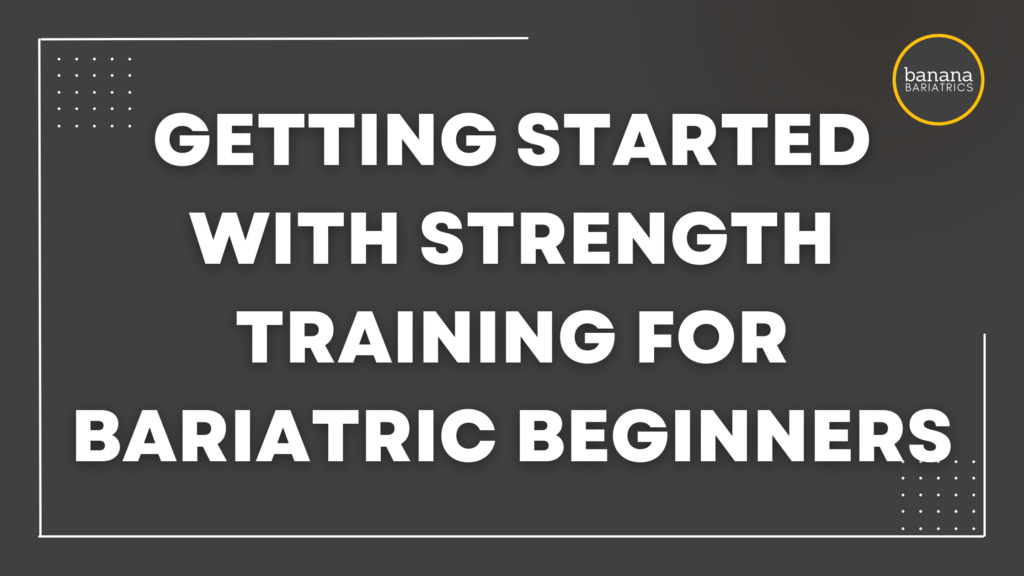
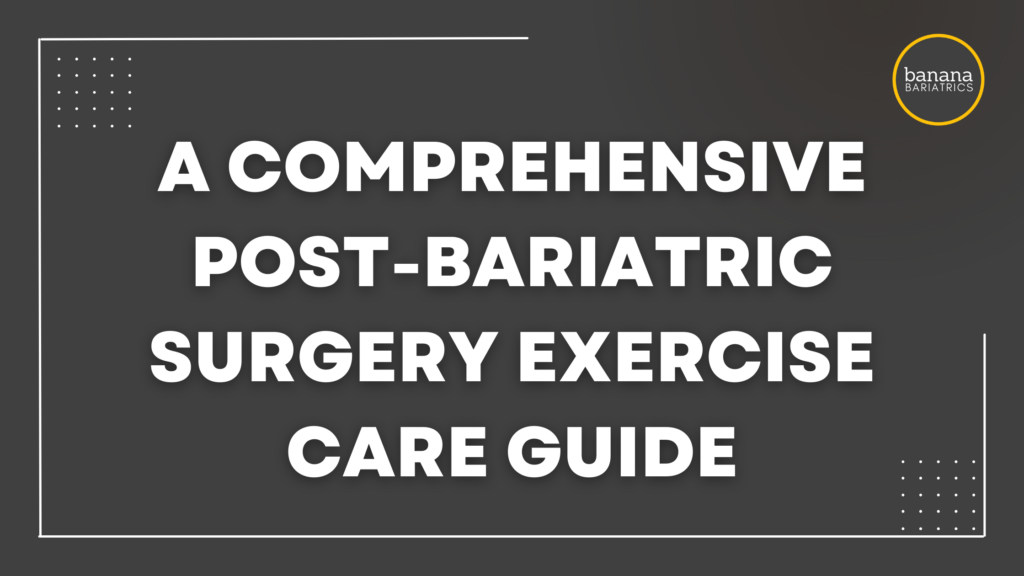
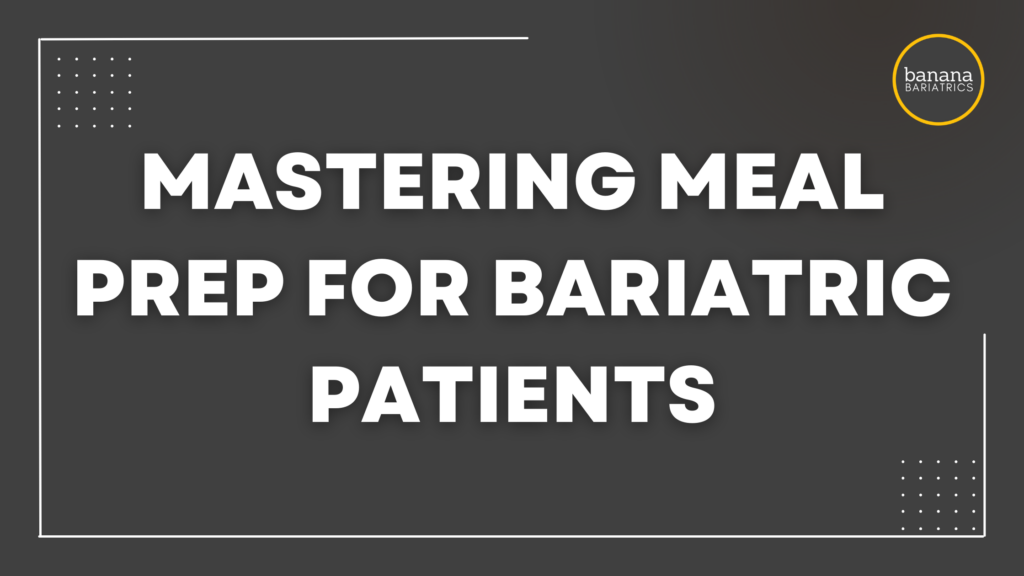

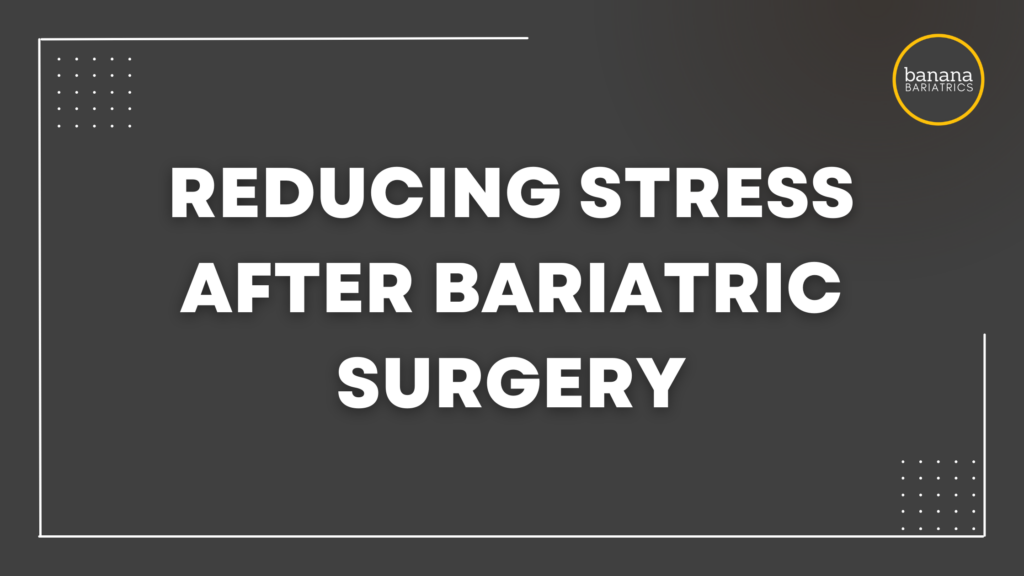
Responses